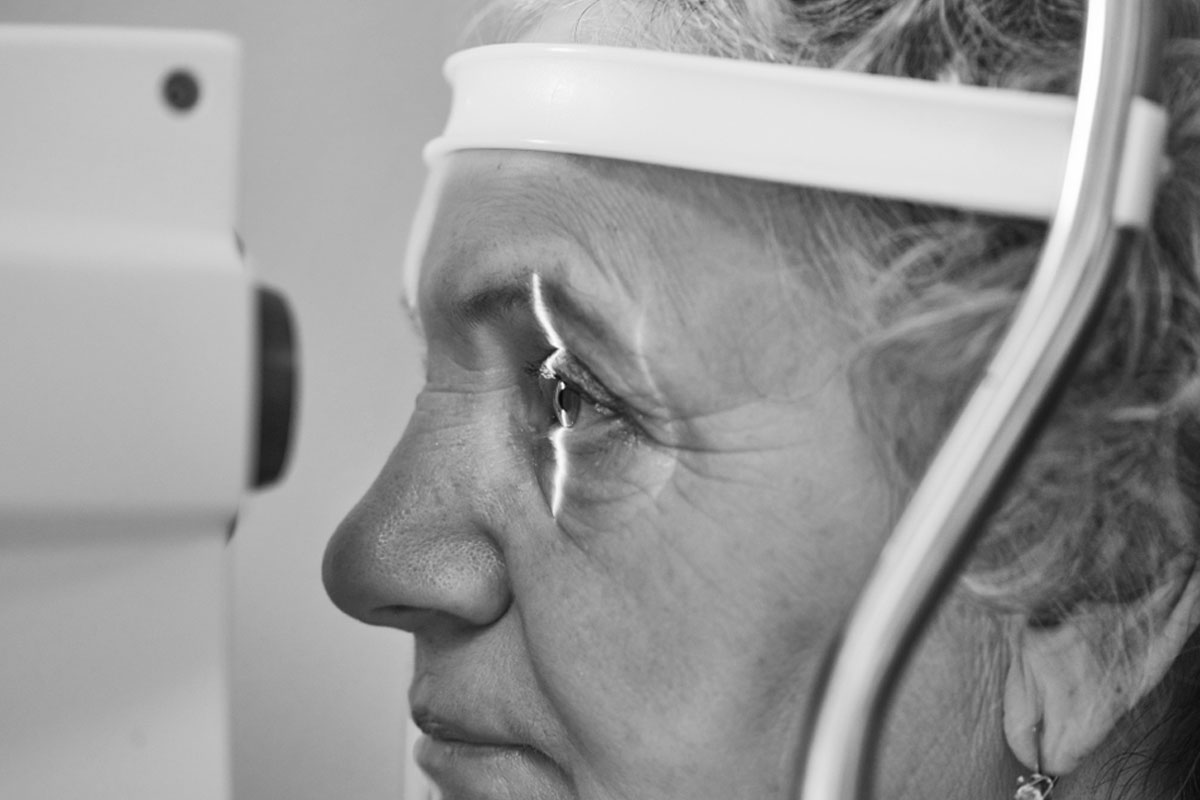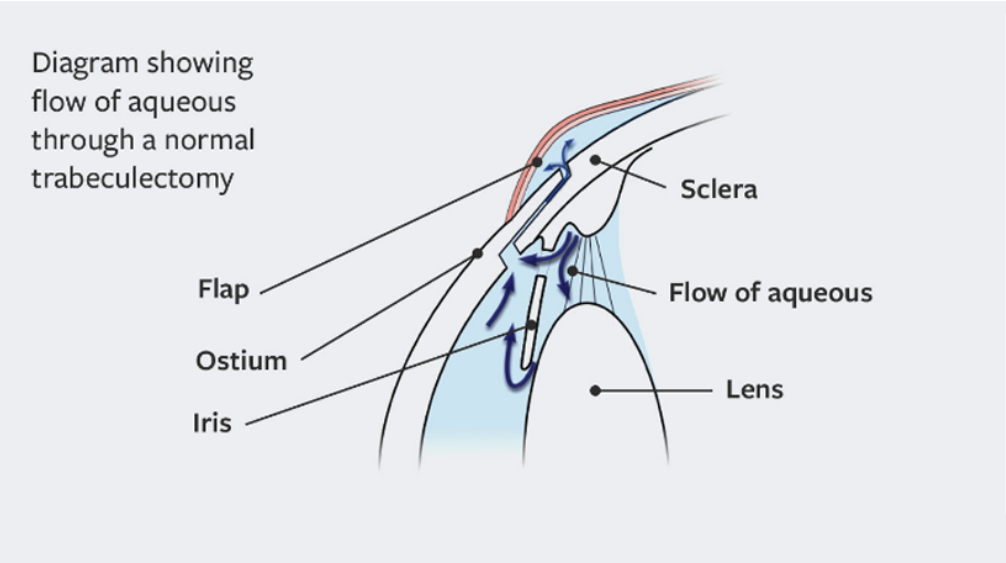
A trabeculectomy is an operation which helps to empty fluid out of the eye and into a little blister (called a bleb) under the surface of the eye (the conjunctiva). The operation creates a sort of trap door for the fluid to go through, bypassing the normal drainage channel. Drainage of aqueous is improved and this reduces IOP.
How will it help with my glaucoma?
The lower IOP reduces pressure on the optic nerve, which implies vision loss is less likely to happen. However, any vision already lost to glaucoma can’t be recovered, and also the glaucoma isn ‘t cured. This type of treatment is for people with moderate to advanced glaucoma, and is a fairly common operation when eye drops aren’t working all right.
What does the surgery involve?
The surgery is typically done under local anesthetic, meaning you’ll be awake but your eye will be numb. Usually it lasts for one to two hours. You may most probably be ready to return the same day or the next day.

What happens after surgery?
The bleb won’t normally be permanently visible after surgery, but while the eye is healing it’ll probably be red and swollen. You will be seen by your ophthalmologist the day after surgery, and given antibiotic and steroid eye drops to boost recovery. You must still take all eye drops as directed, including for your other eye if you’ve got glaucoma in both eyes. You’ll be asked to attend several follow-up appointments after the surgery to test if the eye is healing well and therefore the device is functioning. It’s important to attend all appointments. It will take your eye several weeks to recover from the surgery, so you’ll have to take time off work and avoid some forms of physical activity. It is possible that your prescription for glasses may change after surgery. You must wait for three months before changing glasses, while the eye is adjusting and healing.
What are the benefits?
Trabeculectomy is a very safe procedure, although like all operations there’s some risk, for instance of infection. For many people with glaucoma, the surgery reduces IOP well. This means fewer eye drops and a higher chance of protecting vision.
What are the alternatives?
There are other treatments available for glaucoma which can be recommended to you, for instance, eye drops, aqueous shunt or Minimally Invasive Glaucoma Surgery (MIGS).

